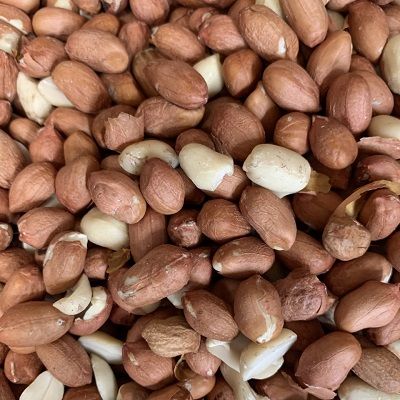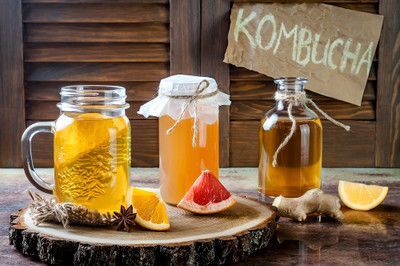AFLATOXINS are a family of toxins produced by fungi that can be found on agricultural crops, notably peanuts. They are carcinogenic in high levels, meaning they are capable of causing cancer, especially liver cancer.
The good news is that we have a very efficient food chain in line with the European Food Safety Authority (EFSA). EFSA set safe levels of aflatoxins for food manufacturers to follow to ensure they are not harmful to human health.
So don’t worry too much about aflatoxins in peanuts as they won’t be at a level that will be of harm to you so long as you are buying regulated food within the EU. You can also play your part by sticking to use-by dates and being careful about storage and intake. It’s all about the dose or amount in nutrition and this is the difference between something being a medicine or a poison to the body. The news or media won’t tell you this as they’ll try and hook you in with a controversial headline.
Peanuts are a very versatile food when it comes to nutrition. They are a good source of fibre and Omega 9 which help with gut health and maintaining healthy cholesterol levels in the body. Peanuts are also a good source of vitamins B3, B7 and B9 which help with energy metabolism, red blood cells and our DNA blueprint. Peanuts are recommended for minerals and contain good amounts of potassium, phosphorus, magnesium and zinc. These help with bones, teeth, sleep and our immune systems.
Peanuts are also a good source of protein for bodily structure when combined with starches like wholegrain rice. They are particularly good (and tasty) when mixed in with rice dishes.
Lee McCusker (BA; MSc; MSc; MSc; ANutr; SENr) is a registered nutritionist from Belfast and can be found on Facebook, Instagram and Twitter. Email: attentive nutrition@gmail.com








